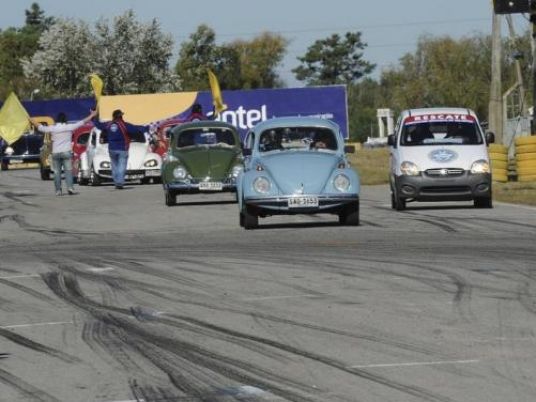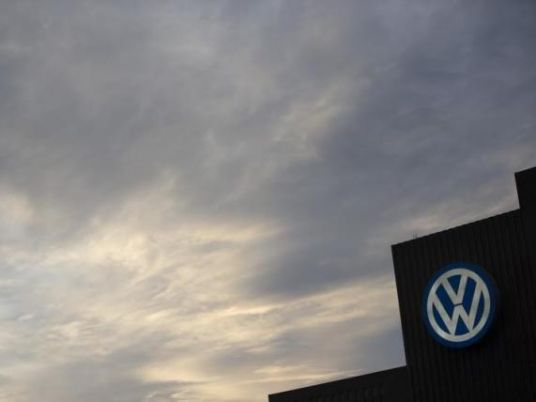
Embattled German auto giant Volkswagen is due to provide an update Thursday on the latest developments in the massive pollution-cheating storm it has been engulfed in since September.
Matthias Mueller — the man brought in to steer the company out of a crisis that is expected to cost it countless billions of euros and has left the reputation of the former paragon of German industry in tatters — is scheduled to field questions from the world's media at a news conference in VW's headquarters in Wolfsburg, northern Germany.
Mueller, 62, has been in the driving seat since the end of September, and was drafted in to replace Martin Winterkorn in the wake of shock revelations that VW systematically installed emission-cheating software in some 11 million diesel engines worldwide.
It will effectively be the first time that Mueller has given a news conference in person since taking over, aside from a telephone conference at the end of October, where he revealed that VW had run up its first quarterly loss in 15 years, a result of the billions of euros it set aside to cover the costs of the scandal.
The aim of the press conference was to "inform the public of the current state of the investigations into the diesel affair and the company's strategic re-orientation", according to the invitation.
Mueller would appear alongside VW's new supervisory board chief Hans-Dieter Poetsch.
The supervisory board held an extraordinary meeting on Wednesday.
"The uncertainties surrounding Volkswagen remain considerable," analysts at Morgan Stanley wrote recently.
These include the magnitude of the impact on sales, which have suffered in recent months; the size of the potential fines and other legal costs; but also VW's ability to overhaul its organisation and priorities.
'Search for culprits'
VW, which had looked set to overtake Toyota this year as the world's biggest carmaker in terms of sales, was forced to admit that it fitted 11 million diesel vehicles with so-called defeat devices — sophisticated software designed to turn on pollution controls when the car is undergoing testing, and off when it is back on the road, allowing it to spew out harmful levels of nitrogen oxide.
US authorities had been alerted to VW's cheating practices by a non-profit group called the International Council on Clean Transportation.
A slew of different investigations, both criminal and regulatory, in a number of different countries followed, all of which are still ongoing.
VW, too, launched its own internal and external inquiries to find the masterminds behind the scam and their accomplices.
Little has emerged so far from those probes, but VW has said that around 50 employees have come forward so far to testify. The carmaker employs a global workforce of around 600,000.
Eight employees have been suspended. The head of development at VW's luxury brand Audi, Ulrich Hackenberg, had been rumoured to be among those responsible. His departure was announced by the carmaker last week, but VW did not provide any reason.
The auto giant has drawn up the battle plans for a massive recall operation for the millions of cars affected, with the necessary remedial action ranging from a simple software update in some cases to the insertion of new hardware in others.
Analysts were sceptical that the fix would be as cheap and simple as VW suggested.
"Will such a simple fix be sufficient… and what was the rationale for the use of such software in the first place if fuel consumption and carbon dioxide emissions could be affected with such little incremental cost," asked analysts at Credit Suisse.
'Off the hook on CO2'
VW was nevertheless afforded some welcome respite from its woes on Wednesday, when it said that allegations it had lied about the carbon emissions of some of its cars had proven to be unfounded.
In addition to the manipulated engine software, VW admitted in November that "inconsistencies" had been uncovered on its cars' carbon emissions.
Carbon dioxide or CO2 is a greenhouse gas which traps heat from the sun and is blamed for man-made climate change. And tackling CO2 is becoming a rising priority in many countries, especially in Europe, where cars are often taxed according to their carbon emissions.
But "extensive" investigations had shown that the carbon emission values were largely correct and that there would no consequences for customers, VW said.


